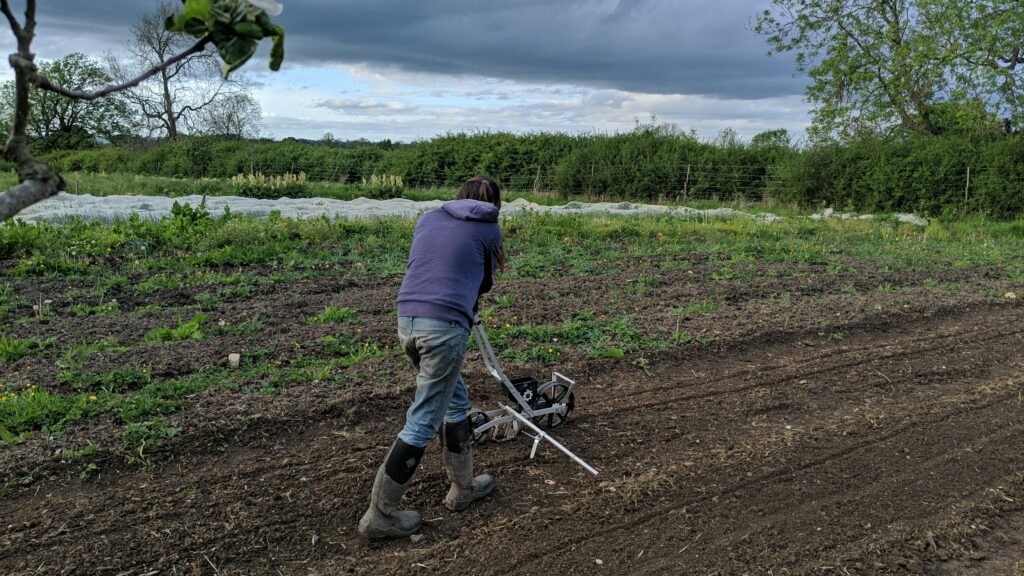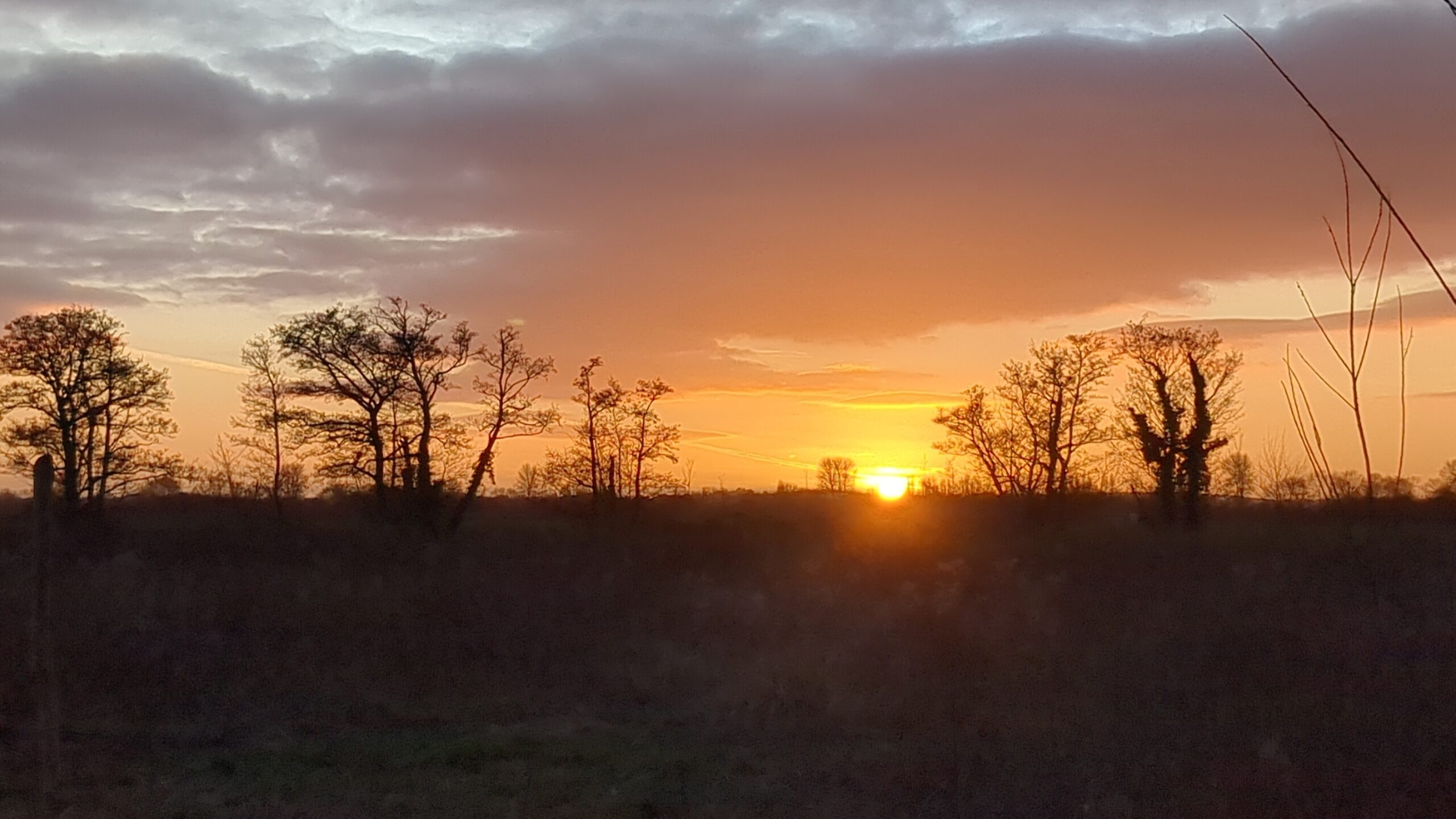
This project lets people join together with food growers to organise the production of their food. We have a few sites where we can grow, and experienced growers working with us. We are keen to expand the project and increase the variety of crops we grow.
There has been an interest in growing staple crops that store well. We have been trialling quinoa, chick pea and lentil varieties suitable for growing in the UK climate. We’ve also been testing pumpkins with hull-less edible seeds and bean varieties suitable for drying.
The project allows people to form a new economic relationship with their food, moving away from the normal market based relationship to that of a commons. The decisions we make as individuals about the food we procure are generally based upon price and maybe information about its production which is often limited and opaque.
By becoming a commoner you gain knowledge of what’s involved in food production as well as environmental and social impacts. Active collaboration is a significantly different experience to purchasing largely anonymous food from the shelves of the local supermarket, often imported from around the world.
Numerous studies have shown that small farms are much more productive and biodiverse than the ever expanding mega farms. See here and here.
There are opportunities for everyone to be involved in the food production and to be actively engaged in the governance of the project. But this is not obligatory. People can participate on whatever level they feel comfortable. Internet decision making tools allow people to cooperate and deliberate wherever they live geographically. There are also opportunities for getting together; days working in the fields, meetings and harvest parties where we can discuss things in person, get to know each other and have fun

How it works
Join the group and get involved in the conversation about what we are going to grow and how we will organise growing it. We are still planning the 2023 growing season but we will definitely be growing pumpkins and sowing a quinoa crop.
Other projects
we’ve been involved with or support:
Our Field
In 2017 40 people committed £200 each to pay a farmer to rent a field and grow field crops. Decisions were made using internet discussions and voting. They grew spelt with a companion crop of clover on 20 acres, the next year another 20 joined them in the spring they planted more soil enriching plants, before sowing 3 lots of wheat in the autumn, ready for cropping the next year.
German Solawis
In Germany there are a number of solawi– solidarity agriculture – projects. In these projects the group, which includes experienced growers, decides what food they’d like to grow and work out a budget to cover expenses. They then have blind bidding rounds where everyone secretly declares how much they are prepared to contribute to the project. If the budget isn’t met there’s either another round of bidding, or the solawi decides to grow less. Unlike many other small growers, who work long hours for low pay – solawi grow.
Workers tend to work more reasonable hours, sharing the work with other growers and members of the solawi. The Solid Base project has been exploring computer software that is useful for Solawis and other community food projects. They’ve also developed a software tool to help facilitate solawi style participatory budgeting.